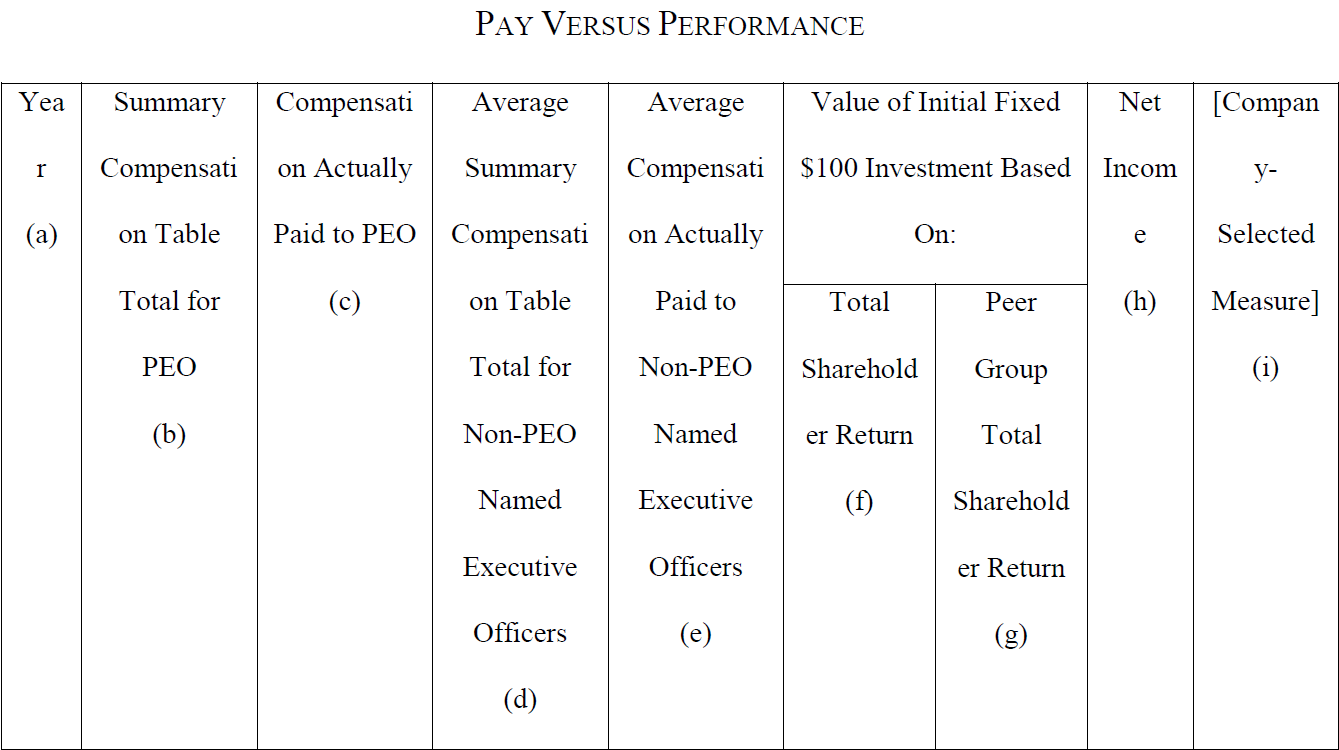On October 18, 2022, the Internal Revenue Service (IRS) announced cost-of-living adjustments to the applicable dollar limits for certain account-based health and welfare plans (see Rev. Proc. 2022-38). The maximum salary reduction limit for a health flexible spending account (Health FSA) increased to $3,050 for 2023 (from $2,850 in 2022), and the Health FSA carryover limit for plans that have adopted that feature increased to $610 for 2023 (from $570 in 2022). In addition to these increases, the monthly limit for contributions to a qualified transportation fringe benefit and qualified parking program increased to $300 for 2023 (from $280 in 2022). The IRS previously announced (see our article here) cost-of-living adjustments to the applicable dollar limits for health savings accounts (HSAs), high-deductible health plans (HDHPs) and excepted benefit health reimbursement arrangements (HRAs) for 2023 for which we also saw substantial increases.
The Social Security Administration also recently announced that the maximum amount of earnings subject to the Social Security tax will increase to $160,200 for 2023 (from $147,000), resulting in a larger chunk of income being subject to the Social Security tax.
The IRS has yet to announce the 2023 cost-of-living adjustments for retirement plans.
These announcements are timely, if not late, given that many employers are already in the middle of open enrollment for 2023. Plan sponsors should act quickly to update payroll and plan administration, along with open enrollment communications, to account for the changes. For further information about applying the new employee benefit plan limits for 2023, contact one of the authors or your regular McDermott lawyer.
read more

 Subscribe
Subscribe




